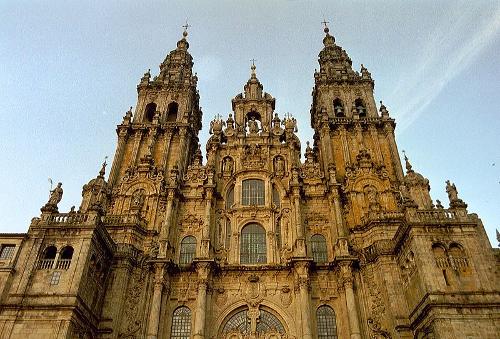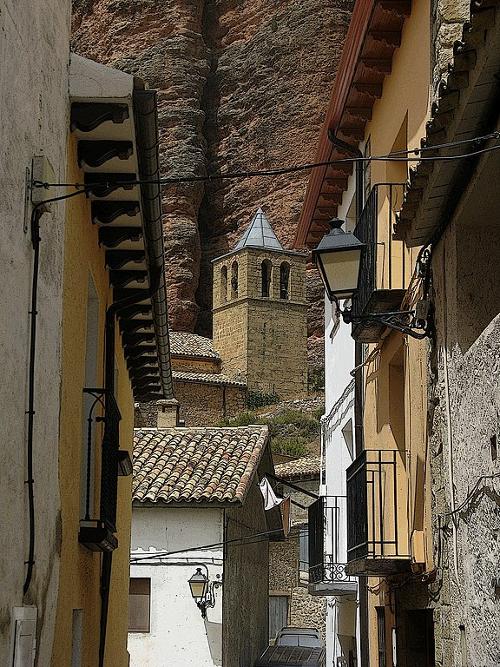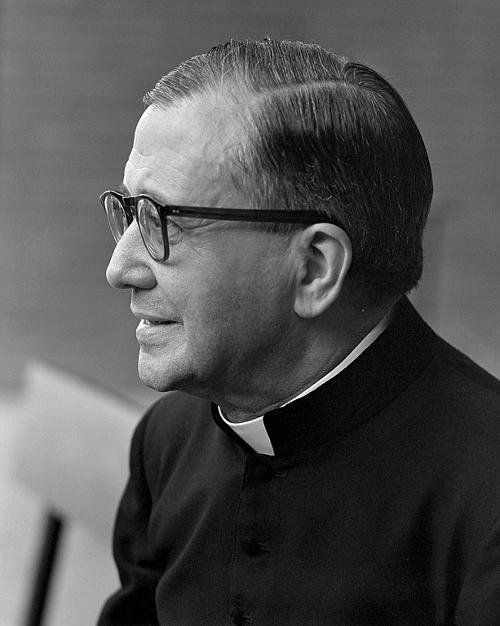SPAIN
Religion

Religion
Cities in SPAIN
| Barcelona | Benidorm | Bilbao |
| Blanes | Madrid | Nerja |
| Salou | Torremolinos | Valencia |
Popular destinations SPAIN
| Andalusia | Catalonia | Costa blanca |
| Costa brava | Costa del sol | El hierro |
| Formentera | Fuerteventura | Gran canaria |
| Ibiza | La gomera | La palma |
| Lanzarote | Mallorca | Menorca |
| Tenerife |
Religion
 Cathedral of Santiago de Compostella, SpainPhoto: NielsB CC 3.0 Unported no changes made
Cathedral of Santiago de Compostella, SpainPhoto: NielsB CC 3.0 Unported no changes made
From the year 394, when Spain was still part of the Roman Empire, Roman Catholicism has been the state religion. It was Emperor Theodosius who took care of this. In 589 this status was reaffirmed by the Visigoth king Recaredo. In 711 Spain was conquered by the Moors and Islam was the main religion.
It was not until the early seventeenth century that the Catholic Church regained its powerful position and a close collaboration between church and state emerged. In 1931, at the time of the Second Republic, this undesirable situation came to an end. The church had become unpopular in all those centuries and this led to the death of about 6,000 clergymen in the Spanish Civil War. It was therefore not surprising that the church developed close ties with the Franco regime. Franco declared Roman Catholicism the state religion in 1939.
Thus church life was woven throughout society. It was very remarkable that the church was only allowed to appoint bishops on the recommendation of Franco. This close collaboration with the dictator made the church very unpopular among the population again. Although the Second Vatican Council demanded the separation of state and church, Franco refused to comply.
 Village church SpainPhoto: Agracier-NO VIEWS CC 3.0 Unportedno changes made
Village church SpainPhoto: Agracier-NO VIEWS CC 3.0 Unportedno changes made
Only after Franco's death was the 1978 constitution reintroduced the separation of church and state and freedom of religion guaranteed. All this on the initiative of the newly appointed King Juan Carlos.
The Spanish population is approximately 95% Roman Catholic. The Roman Catholic Church comprises a total of 14 archdioceses and 53 dioceses. Together they form the eleven church provinces. The Archdioceses of Barcelona and Madrid-Alcalá fall directly under the Holy See of Rome. The primate of Spain is the Archbishop of Toledo. Approx. 870,000 people profess a faith other than Roman Catholicism, including Muslims (approx. 500,000), Jews and Protestants (approx. 70,000).
Involvement with the church has declined sharply in recent decades. More than 4 million people say they no longer adhere to any religion. The number of parish priests, monks and nuns is also declining sharply. Despite this decline, there is still massive participation in the important religious festivals. It is clear that at the moment it is more and more tradition instead of religious belief.
In the countryside there is a lot of participation in so-called "romerías", pilgrims / images to the shrine of a certain saint or to much revered images of Mary or Jesus. One of the best known is the Pentecostal romerías of Huelva, La Virgen del Rocío. Hundreds of thousands of pilgrims still flock here every year.
"Opus Dei"
 San Josemaría Escrivá, founder of Opus DeiPhoto: Oficina de Información de la Prelatura del Opus Dei en España cc-by-sa-2.0 no changes made
San Josemaría Escrivá, founder of Opus DeiPhoto: Oficina de Información de la Prelatura del Opus Dei en España cc-by-sa-2.0 no changes made
The organization "Opus Dei", also called "La Obra" in Spain, wants a better and more prosperous society, but strongly based on traditional Christian values. This organization was founded in 1928 by the priest Josemaria Escrivá de Balaguer whose maxims, the "Camino", published in 1931, serve as a guide for the supporters of the organization. He found that prosperity among the population was increasing, but that at the same time religiosity and secularisation increased.
Under the Franco regime, the movement had an increasing influence on social life, in 1941 on education and in 1957 even on the economy. The movement currently has about 80,000 members worldwide, of which about 27,000 are in Spain. With the canonization of Escrivá in 1998, Opus Dei has penetrated into the heart of the Roman Catholic Church.
A certain group, the "numerarios", live in communes and donate their incomes to the organization. This gives the organization a lot of money.
Obviously, these types of organizations receive a lot of criticism, the question of which is true. Opus Dei is also accused of taking people away from their own responsibility and people who disengage or want to disengage do not have an easy time. Furthermore, strict confidentiality is required of the members about internal affairs.
Sources
Grabowski, J.F. / Spain
Lucent Books
Spain
Lonely Planet
CIA - World Factbook
BBC - Country Profiles
Copyright: Team The World of Info